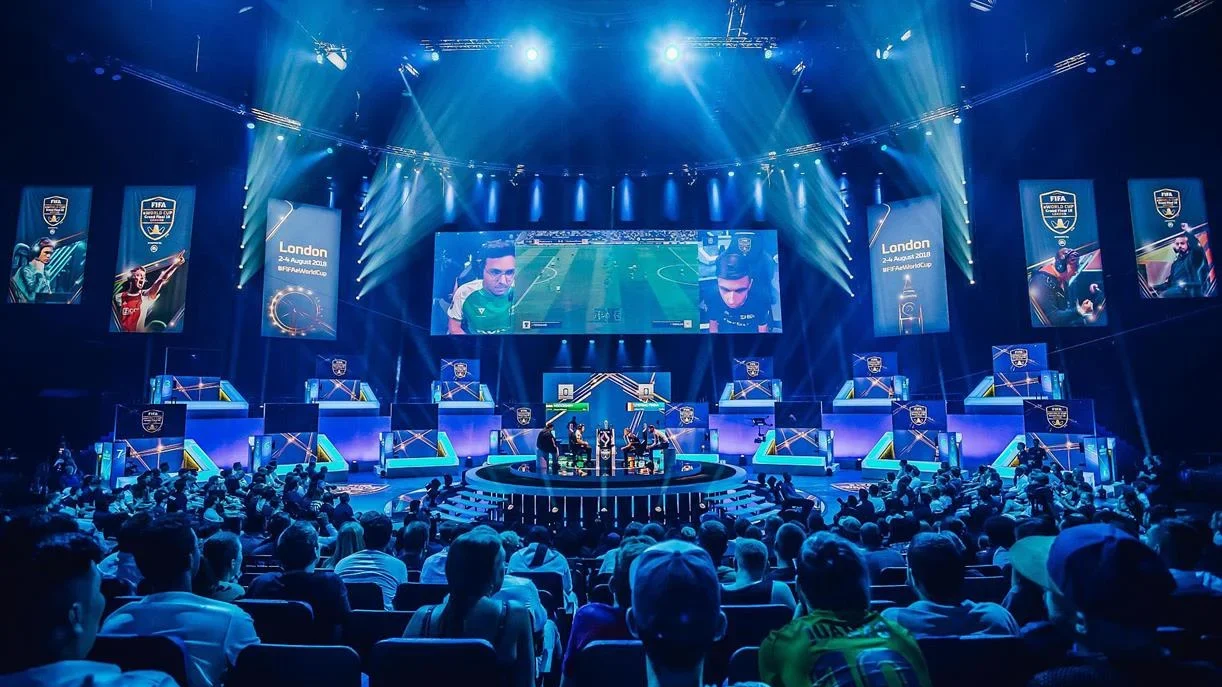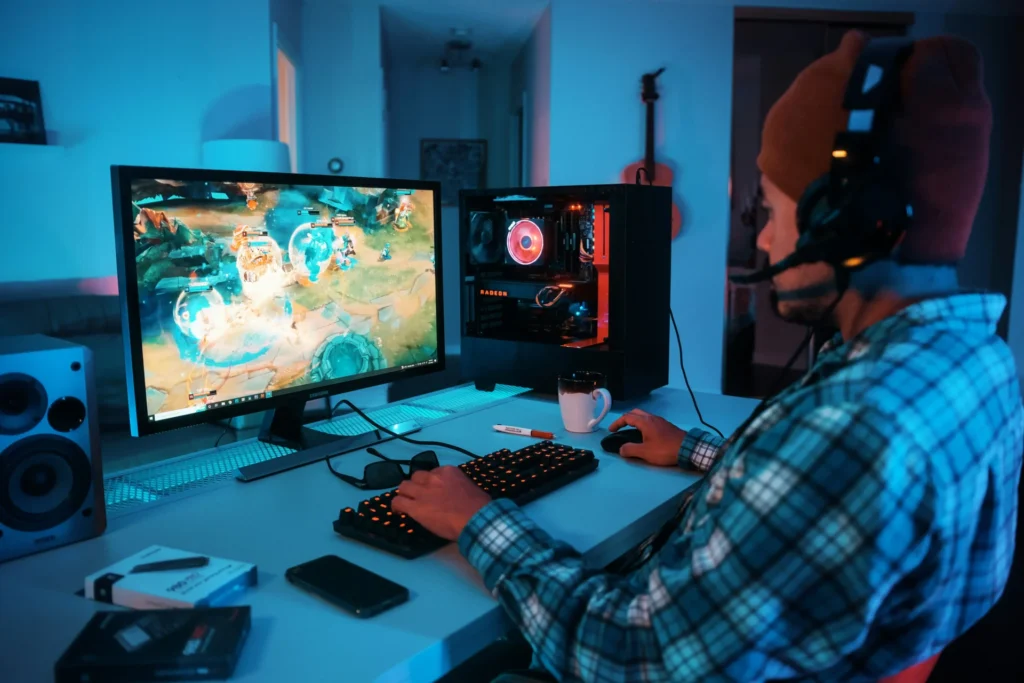The stereotype of the isolated gamer is long outdated. Video gaming has exploded into a mainstream phenomenon, profoundly influencing the social fabric and cultural landscape of the United Kingdom. Far from being a solitary pursuit, UK gaming culture in 2025 is a vibrant ecosystem that shapes how we connect, consume media, express ourselves, and even approach real-world issues. This article delves into the multifaceted ways gaming is moving “beyond the console” to redefine modern UK gaming culture.
The New Social Hub: Connecting Communities Online and Off
Gaming platforms are bustling social hubs, fostering communities that transcend geographical boundaries. Millions of UK gamers participate in online guilds, clans, and communities, forming strong bonds and friendships through shared objectives, competitive play, and collaborative storytelling. These digital spaces often become primary avenues for social interaction, particularly for those who might find traditional social settings challenging.

Esports has grown exponentially in the UK, transforming competitive gaming into a spectator sport. Major tournaments fill arenas, drawing massive online viewership and creating shared cultural moments akin to traditional sports. The rise of UK-based esports teams and professional players further solidifies gaming’s place in the nation’s entertainment landscape, inspiring a new generation of aspiring athletes and content creators.
Gaming often serves as a springboard for real-world connections. UK gaming conventions, meet-ups, and viewing parties are testament to the desire for face-to-face interaction among online friends, reinforcing the idea that digital connections can lead to tangible social circles.
Cultural Currency: Gaming’s Influence on Lifestyle and Identity
Gaming’s impact extends far beyond the screen, subtly weaving its way into fashion, language, and even professional aspirations. Game-inspired aesthetics, iconic logos, and character designs are increasingly visible in mainstream fashion and streetwear. From collaborations between high-end brands and game franchises (like Louis Vuitton and League of Legends) to the everyday adoption of “gamer” style, virtual wardrobes are influencing real-world attire. This trend allows individuals to express their identity and fandom through clothing, blurring the lines between digital and physical self-expression.
Gaming terminology and memes have seeped into everyday conversation, especially among younger demographics. Phrases like “GG” (good game), “noob,” “buff,” or “nerf” are commonly understood even outside dedicated gaming circles, indicating the widespread cultural penetration of gaming lexicon.
The gaming industry is a significant employer in the UK, offering diverse career paths from game development and design to esports management, streaming, and content creation. Beyond direct industry roles, gaming cultivates valuable transferable skills such as problem-solving, strategic thinking, teamwork, quick decision-making, and digital literacy – skills highly sought after in the modern workforce. UK gaming content creators and streamers have become cultural influencers in their own right, shaping opinions, driving trends, and even impacting consumer spending. Their authentic engagement with audiences has created new forms of entertainment and entrepreneurship.
Gaming for Good: Addressing Social Issues and Driving Positive Change
Gaming is not just entertainment; it’s also proving to be a powerful platform for social good and addressing important issues. While discussions around excessive gaming exist, many studies, including those from Oxford Internet Institute and Mental Health Foundation in the UK, highlight the positive impacts of gaming on mental wellbeing. Games can offer stress relief, provide a sense of achievement and mastery, foster social connection, and even serve as therapeutic tools for conditions like anxiety. UK charities are increasingly using “Gaming for Good” initiatives to raise awareness and funds for mental health and other causes.
The UK gaming community is becoming increasingly diverse, with a growing number of female and older gamers. This shift is pushing developers and publishers to create more inclusive narratives, characters, and environments, promoting greater representation across gender, ethnicity, and other demographics.
As the climate crisis becomes more urgent, “Green Gaming” initiatives are gaining traction in the UK. This includes efforts to design more energy-efficient games and hardware, promote sustainable practices within the industry, and even incorporate environmental themes directly into game narratives to raise player awareness.
Conclusion
Gaming in the UK has evolved into a dynamic and influential cultural force. From reshaping social interactions and influencing fashion to creating new economic opportunities and contributing to social good, its impact is undeniable and continues to grow. As technology advances and the industry matures, we can expect gaming to further embed itself into the fabric of UK society, continuing to surprise and innovate beyond the familiar boundaries of the console.




